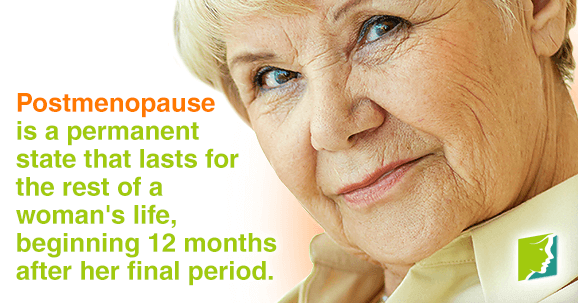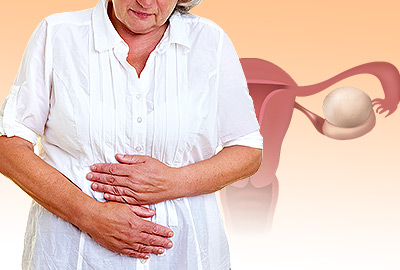Many women are concerned about how menopause will change their life. Perimenopause, the period leading up to your last menstrual cycle, can be a difficult time due to the variety of symptoms experienced by some women. However, nothing lasts forever, and many symptoms peter off and disappear when full menopause or postmenopause arrive.
While many women are aware of some of the effects of menopause, they are less well informed about what comes after. This article answers some common questions about postmenopause.
Q: What Is Postmenopause?
Postmenopause is the stage a woman enters after passing through perimenopause and menopause. Menopause refers to the moment when 12 consecutive months have passed since your last period, while perimenopause refers to the years of hormonal fluctuations leading up to this moment. Perimenopause is characterized by a variety of symptoms and irregular periods, many of which leave during postmenopause, the stage after menopause.
Q: How Do I Know When I Have Reached Postmenopause?
There is no obvious sign telling you postmenopause has begun, but it starts when you have not had a period for 12 consecutive months. This indicates that menopause has occurred, and you are now in postmenopause.
The age at which you reach menopause and the length of time you experience perimenopause are unique to you.
Q: What Happens to My Hormones during This Stage?
During perimenopause, the production of estrogen and progesterone gradually decreases. These fluctuating hormones disturb the natural equilibrium in your body, manifesting as symptoms like irregular periods. Your hormone levels will eventually decline to the extent that ovulation ceases, and menopause is declared after 12 months of no ovulation or menstruation. During postmenopause, your estrogen and progesterone levels remain low, while testosterone levels keep declining gradually.
Q: Will I Still Suffer from Menopause Symptoms?
Most menopausal symptoms begin to fade in postmenopause, but some menopause symptoms linger, such as:
Hot flashes. These episodes can affect postmenopausal women because the body may still be adjusting to the hormonal changes. Hot flashes can also be accompanied by irritability, dizziness, headaches, and fatigue, so you may suffer from these, too.
Vaginal dryness. This symptom may also remain, but lubrications and creams can help alleviate this symptom and restore vaginal health.
Vaginal bleeding. This can also occur during postmenopause. If this happens, please see a doctor.
While postmenopause may free you from many tiresome symptoms, it also comes with a higher risk for more serious conditions, like osteoporosis, arthritis, and breast and uterine cancer.
More Information about Postmenopause
Click on the following link to find out more about postmenopause.
Sources
- National Health Service UK. (2014). Post-menopausal Bleeding. Retrieved August 14, 2015, from http://www.nhs.uk/conditions/postmenopausal-bleeding-or-spotting/Page/Introduction.aspx




